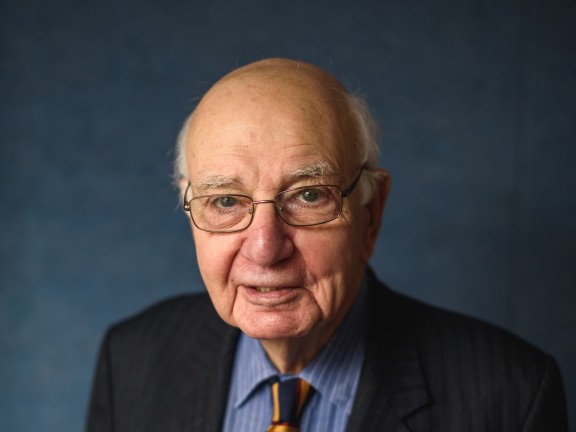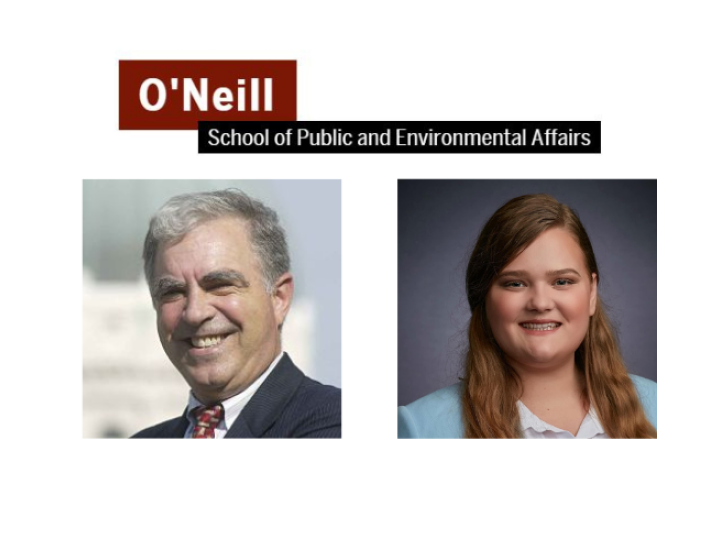11.19.15
Volcker Donates Papers to Princeton, Speaks on Importance of Public Service
Princeton University, The Volcker Alliance

On October 1, 2015, Paul A. Volcker announced the donation of his public service papers to Princeton University’s Seeley G. Mudd Manuscript Library. The papers, which include memos, correspondence, speeches, and reports, are now a part of the permanent collection of Princeton University, where he earned his undergraduate degree in 1949.
The initial donation consisted of 29 boxes of papers primarily from his time as chairman of the Board of Governors of the Federal Reserve under Presidents Jimmy Carter and Ronald Reagan. A subset of the papers related to his tenure as undersecretary of the Treasury for International Monetary Affairs and as president of the Federal Reserve Bank of New York. A full index of the papers is available here. Additional materials will be donated to the library in the coming months, including content related to Volcker’s work with the World Bank, United Nations, and President Barack Obama’s Economic Recovery Advisory Board, on which he served as chairman.
At the time of the donation, Volcker spoke with students of Princeton’s Woodrow Wilson School over lunch about his experience in government and answered questions about economic policies, the changing culture at financial institutions during his lifetime, and other topics. His donation was also featured in an article on Princeton University’s website and the subject of the Woodrow Wilson School podcast, or “WooCast,” above. Volcker leads off the WooCast by making a case for the importance of government and public service:
“I think public service is important because government is important. Let’s start with that fundamental. I think government is important to civilization. Government is important to the United States. Government is in trouble right now. That’s no secret for anybody. In the United States, but in a lot of other places too. And it’s in trouble at different levels. If government is going to work right, we have to have good people in government. And that’s becoming increasingly difficult, actually. And I do think – I kind of made a life of thinking – that engaging yourself in public service, in government directly, can be a source of considerable satisfaction when it works out right. It can be a source of a lot of frustration too, so you’ve got to get the balance right between the satisfaction and frustration. But I do think it is important. And it’s not in style anymore in many universities and elsewhere… to the extent I would like to see it anyway. You know, very few students are turned on, for understandable reasons, for going into government and I think we have to begin reversing that. But it’s all part of a decline in respect for government generally, which I think is dangerous.”
Related News & Events
Press Coverage
10.26.22
Montclair State University News
04.14.22
American City & Country
03.10.22
Governing
01.31.22
Montclair State University Press Room
01.05.22
The New York Times
